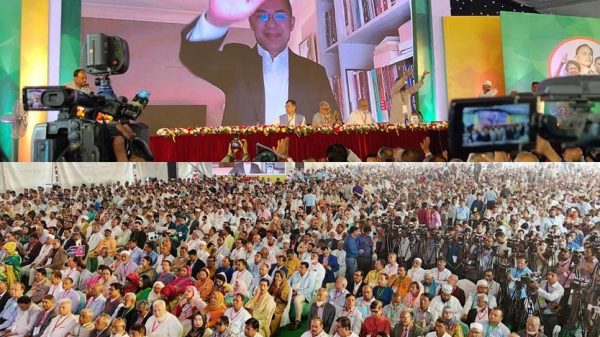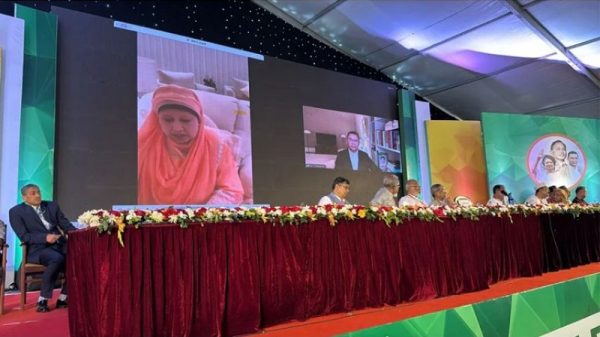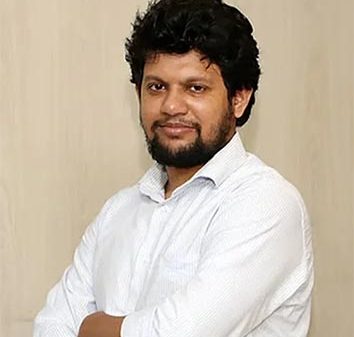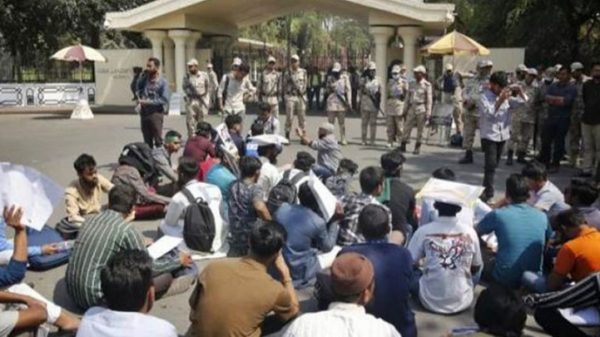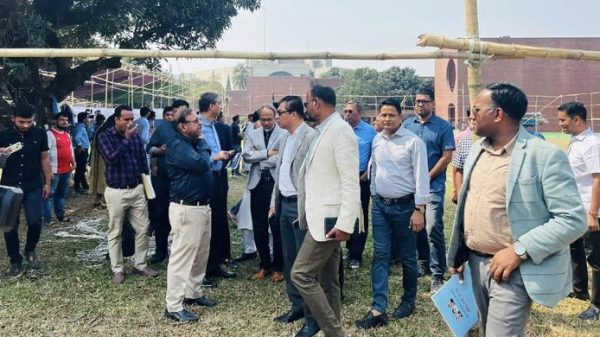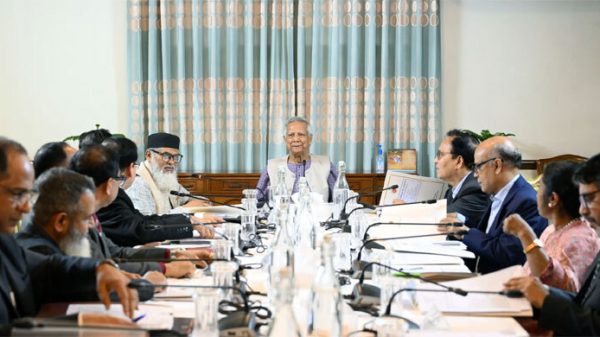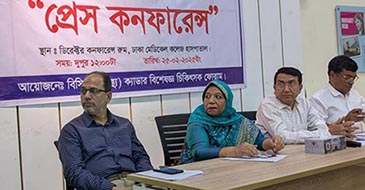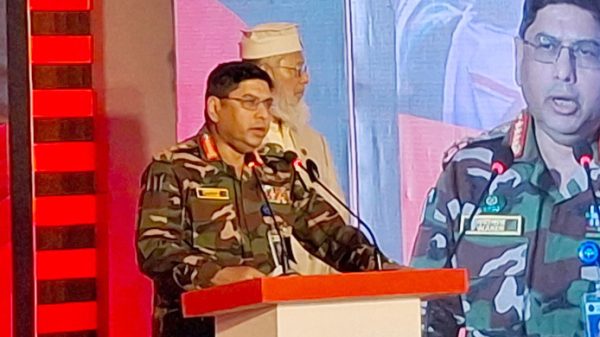Axe to fall on many projects

- Update Time : Tuesday, 20 August, 2024, 04:01 pm
- 86 Time View
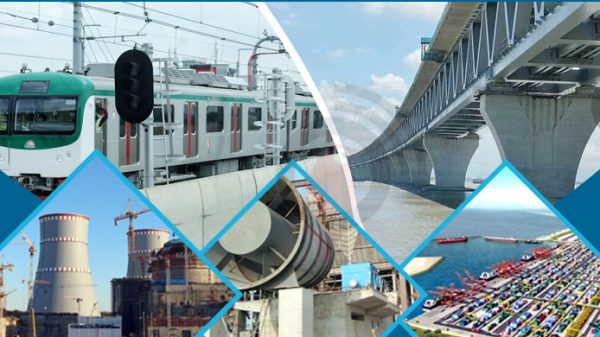
Online Desk : A project featuring some development activities in 300 parliamentary constituencies was submitted to the Planning Commission, proposing that each member of parliament receive Tk 20 crore for development initiatives. The plan also included constructing six madrasa buildings in each constituency, with an additional 200 madrasas allocated for ministers. The estimated cost of the project was Tk 7,595 crore. However, the commission indicated that these projects might not proceed.
A senior Planning Ministry official commented, “We have several projects that serve the interests of a select group rather than the public. Despite negative reports, these projects were approved by the Planning Commission. We are identifying such projects, and those with minimal public involvement will be cancelled.”
It has been alleged that many projects have been implemented despite objections from the Planning Commission. For example, Mirza Azam, former state minister and MP for Jamalpur-3, secured approval for a project called ‘Sheikh Hasina Nakshipalli, Jamalpur (First Stage),’ costing Tk 772 crore. The project aimed to unify scattered organisations and entrepreneurs in Jamalpur, but the commission reported it would likely waste resources. Despite this, Mirza Azam used his influence to get the project approved.
The country’s financial sector has been under strain for a long time, exacerbated by a dollar crisis and the recent political changes. Experts fear that many of the 3,325 development projects initiated by the ousted government, with an allocation of Tk 2,55,041 crore for 1,221 projects in the current fiscal year (2024-25), might now be in jeopardy. The focus is expected to shift from mega projects to those essential for maintaining livelihoods and businesses. The interim government’s adviser for finance Salehuddin Ahmed recently commented, “Livelihood and business-trade projects will continue. Larger projects might receive more scrutiny. Bangladesh must avoid wasting money, and transparency and accountability are crucial.”
Allocation for 10 mega projects: Tk 51,000cr : Among the mega projects, Tk 10,502 crore has been allocated for the Rooppur Nuclear Power Project, with Tk 64,925 crore spent so far. The project includes foreign debt from Russia. Other allocations include Tk 1,975 crore for Metrorail Line-6, Tk 1,942 crore for Metrorail Line-1, and Tk 968 crore for Metrorail Line-5, Northern Route. Additionally, Tk 2,560 crore has been allocated for the Bangabandhu Sheikh Mujib Rail Bridge, with about Tk 500 crore spent so far. Other notable projects include the Padma Bridge Rail Link, the Dohazari-Ramu-Ghundhum Railway Project, the Matarbari Port Development, and the Payra Port Infrastructure Development. The Planning Commission suggests that ADP allocations for these mega projects may be reduced.
ADP spending cuts : The interim government is focusing on reducing spending within the Annual Development Program (ADP), particularly on mega projects. Questionable projects are also under review. Former World Bank Chief Economist Zahid Hossain stated, “Political or questionable projects should be reconsidered. The government is facing a financial crisis, and revenue collection is low. Cost-cutting is essential, and the ADP is a significant area for reduction.”
He further suggested that while some mega projects like Metrorail, which have public demand, should continue, others, such as the Rooppur Nuclear Power Plant, which are far along in implementation, should be completed. However, mega projects in their early stages or yet to start might be better excluded, he said.


